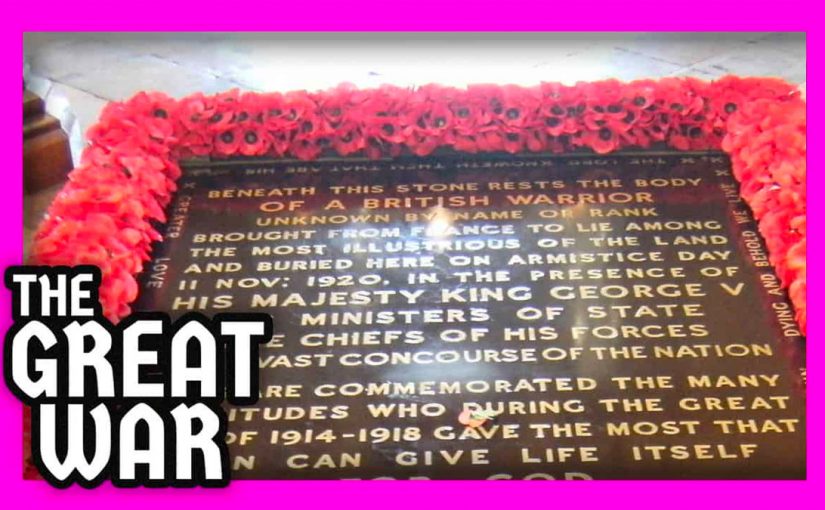The Great War: Post War, funded by the National Lottery Heritage Fund, explored how the lives of children and their families were changed in the aftermath of the war and by social reforms that followed, and how communities sought to commemorate those who had fought – from a civil, national and military angle.
With the end of the Great War in November 1918 came hope of family reunions, a return to normality, and improved social life and prosperity. Reality was very different, with social unrest and demand for reform. Thousands of children either never saw family members again or found those returning physically or mentally harmed from their experiences.
Working with partners including the Commonwealth War Graves Commission, the War Memorials Trust, Poppyscotland, The Postal Museum and the Royal Caledonian Education Trust, The Great War: Post War built on our previous Great War projects. For each project, we created audio and visual content for broadcast and online and, this time, created in-school workshops to help encourage children aged 6 to 12 to explore what a child’s life was like before and how it changed during the Great War.
School Workshops
Inspiring Audio worked with four schools and interacted with over 350 children. The workshops involved the children learning about Remembrance and what happened before the end of the First World War and what has happened since. We discussed how difficult it would be to describe a loved one in four lines or 66 letters – as was required for a war memorial – and attempted to describe others in the class. We then pretended we lived in a dystopian world where all films were going to be destroyed and our job was to remember our favourite film in the same manner. Every child who wanted to read aloud their description was also recorded (for use only by the class teacher) and the rest of the class guessed the film.
Podcast and video
The audio programmes and animated videos that Inspiring Audio created with support from the Heritage Lottery Fund and our knowledge partners were shared with primary schools, the UK’s national children’s radio station Fun Kids, and the British Forces Broadcasting Service (BFBS) Network.
To watch the animated videos, click here.
To listen to the audio series, click here.

